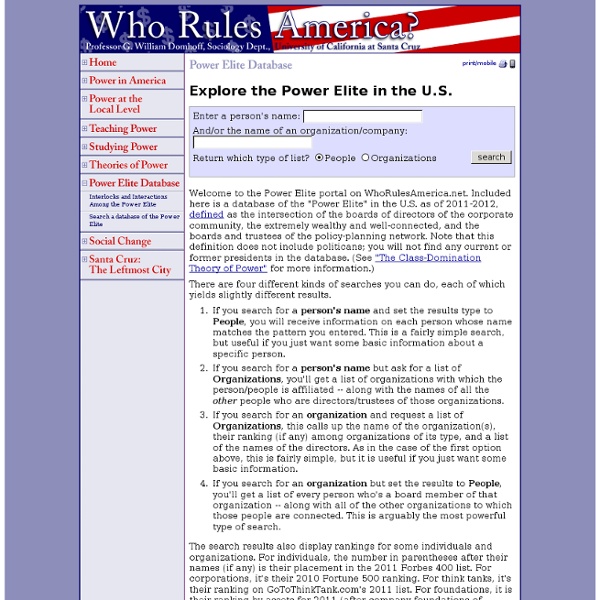Sociological Research Online
The Feminization of Poverty
"Poverty is the worst form of violence." –Mahatma Gandhi What is the "feminization" of poverty? The feminization of poverty is the phenomenon in which women experience poverty at rates that are disproportionately high in comparison to men. Of all the people in the world living in poverty, 70% are women. The actual term “feminization of poverty” was conceived in the 1970s, yet has only truly gained recognition among scholars and activists in the past two decades. In this context, poverty is not defined as simply a lack of money, but rather also the denial of access to fundamental human rights, including health, education, nutritious food, property, representation, etc. Why is it important? The prevalence of women living below the poverty level is not mere circumstance or conincidence, nor is it just a women's issue. This site explores some key explanations and implications of the feminiz ation of poverty, both in the United States and throughout the world.
Seniors, veterans, people with disabilities | General | Individual Grantseekers | Knowledge Base | Tools
Most forms of assistance to individuals for housing, medical bills, or other personal expenses like debt relief will come from charitable organizations or government assistance programs, rather than grants from foundations. Foundation grants are generally awarded to nonprofit organizations with 501(c)(3) status. Those that give grants to individuals typically do so to help pay for education, or to support artistic or research projects. Foundation Center does not give grants, make referrals to specific funders, or approach them on anyone’s behalf. The following websites may offer information or assistance. See our related Knowledge Base articles: - Where can I find funding for personal expenses?
Encyclopedia Britannica
Power crime
Introduction Despite making strides in scrutinizing crimes committed by economically and politically powerful actors, organizations, and even states, the field of criminology remains disproportionately preoccupied with socially vulnerable offenders involved in street crime. This observation is more than just a vague impression. Examinations of the major US and British journals of criminology and criminal justice reveal that a mere 3% of research articles focus on the criminal activities of corporations and governments [2]. This special issue offers more than just another round of discussion pertaining to so-called white collar criminals. By concentrating on what we call power crime, essays delve into the theoretical and conceptual underpinnings of grave breaches of domestic and international laws. Establishing a common theme for this issue
Complete_List_of_Foundations.pdf
IMF
How the Government Measures Unemployment
How the Government Measures Unemployment (PDF) Why does the Government collect statistics on the unemployed? When workers are unemployed, they, their families, and the country as a whole lose. To know about unemployment—the extent and nature of the problem—requires information. Where do the statistics come from? Early each month, the Bureau of Labor Statistics (BLS) of the U.S. Some people think that to get these figures on unemployment, the Government uses the number of persons filing claims for unemployment insurance (UI) benefits under State or Federal Government programs. Other people think that the Government counts every unemployed person each month. Because unemployment insurance records relate only to persons who have applied for such benefits, and since it is impractical to actually count every unemployed person each month, the Government conducts a monthly sample survey called the Current Population Survey (CPS) to measure the extent of unemployment in the country.
CENTERS OF EXCELLENCE RESEARCH GRANTS PROGRAM
Page Content The Resources and Ecosystems Sustainability, Tourist Opportunities, and Revived Economies of the Gulf Coast States Act of 2012 (RESTORE Act) established a new Trust Fund in the Treasury of the United States, known as the Gulf Coast Restoration Trust Fund. Eighty percent of the civil penalties paid after July 6, 2012, under the Federal Water Pollution Control Act in connection with the Deepwater Horizon oil spill will be deposited into the Trust Fund and invested. The Department of the Treasury-administered Centers of Excellence Research Grants Program makes 2.5 percent of the civil penalties deposited into the Trust Fund plus 25 percent of interest earned on the Trust Fund available to the five Gulf Coast states. The Centers of Excellence Research Grant Program is governed by the RESTORE Act final rule at 31 C.F.R. Eligible Disciplines under the Centers of Excellence Research Grants Program Eligible Applicants under the Centers of Excellence Research Grants Program



